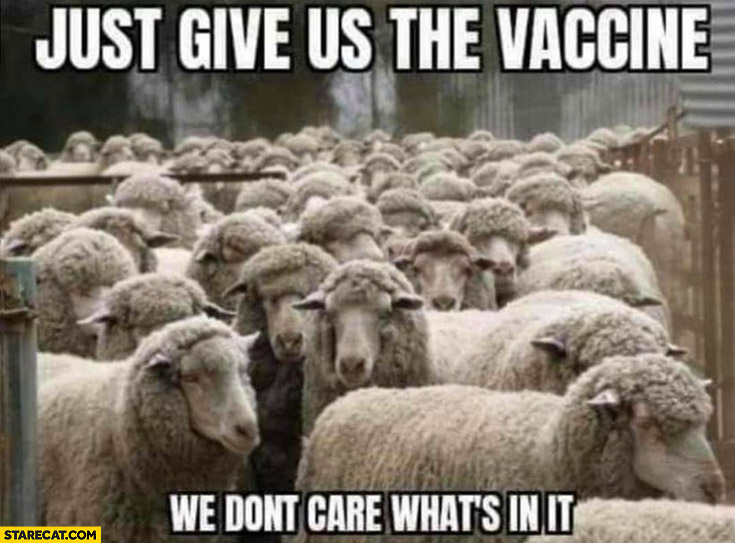"Before its withdrawal, the paper was viewed more than 150,000 times, cited more than 30 times and included in a number of meta-analyses that collect trial findings into a single, statistically weighted result. In one recent meta-analysis in the
American Journal of Therapeutics that found ivermectin greatly reduced COVID-19 deaths
4, the Elgazzar paper accounted for 15.5% of the effect."
One of the authors of the meta-analysis, statistician Andrew Bryant at Newcastle University, UK, says that his team corresponded with Elgazzar before publishing the work to clarify some data. “We had no reason to doubt the integrity of [Professor] Elgazzar,” he said in an e-mail. He added that in a pandemic setting, no one can reanalyse all of the raw data from patient records when writing a review. Bryant went on to say that his group will revise the conclusion if investigations find the study to be unreliable. However, even if the study is removed, the meta-analysis would still show that ivermectin causes a major reduction in deaths from COVID-19, he says.
Reliable data needed
The paper’s withdrawal is not the first scandal to dog studies of ivermectin and COVID-19. Hill thinks many of the other ivermectin trial papers that he has scanned are likely to be flawed or statistically biased. Many rely on small sample sizes or were not randomized or well controlled, he says. And in 2020, an observational study of the drug
was withdrawn after scientists raised concerns about it and a few other papers using data by the company Surgisphere that investigated a range of repurposed drugs against COVID-19. “We’ve seen a pattern of people releasing information that’s not reliable,” says Hill. “It’s hard enough to do work on COVID and treatment without people distorting databases.”
Carlos Chaccour, a global-health researcher at the Barcelona Institute for Global Health in Spain, says it has been difficult to conduct rigorous studies on ivermectin. That’s partly because funders and academics in wealthy countries haven’t supported them, and, he suspects, have often dismissed trials of ivermectin because most of them have been done in lower-income countries. Furthermore, says Rodrigo Zoni, a cardiologist at the Corrientes Cardiology Institute in Argentina, it is difficult to recruit participants because many people — particularly in Latin America — are already taking the widely available drug in an attempt to prevent COVID-19.
How a torrent of COVID science changed research publishing — in seven charts
Adding to the difficulty are conspiracy theories holding that ivermectin has been proven to work and that drug companies are depriving the public of a cheap cure. Chaccour says he has been called ‘genocidal’ for doing research on the drug rather than just endorsing it.
Although the jury is still out on ivermectin, many say the retraction speaks to the difficulty of assessing research during a pandemic. “I personally have lost all faith in the results of [ivermectin] trials published to date,” says Gideon Meyerowitz-Katz, an epidemiologist at the University of Wollongong in Australia who helped Lawrence to analyse the Elgazzar paper. It’s not yet possible to assess whether ivermectin works against COVID-19 because the data currently available are not of sufficiently high quality, he says, adding that he is reading other ivermectin papers in his spare time, looking for signs of fraud or other problems.
Chaccour and others studying ivermectin say that proof of whether the drug is effective against COVID-19 rests on a handful of large, ongoing studies,
including a trial in Brazil with more than 3,500 participants. By the end of 2021, says Zoni, around 33,000 people will have participated in some kind of ivermectin trial.
“I think it is our duty to exhaust all potential benefits,” says Chaccour, especially given that most countries still do not have widespread access to vaccines. “Ultimately if you do a trial and it fails, fine, but at least we tried.”
https://www.nature.com/articles/d41586-021-02081-w



